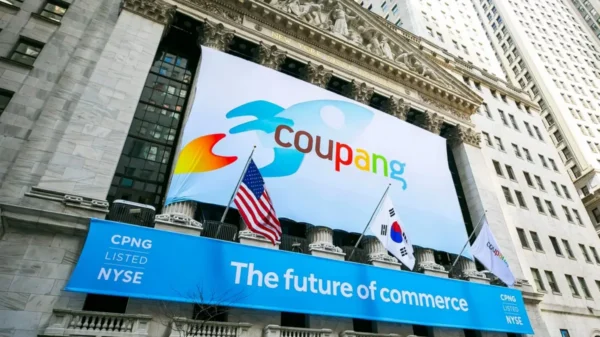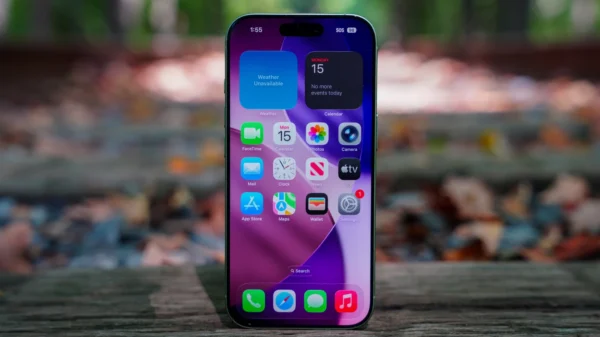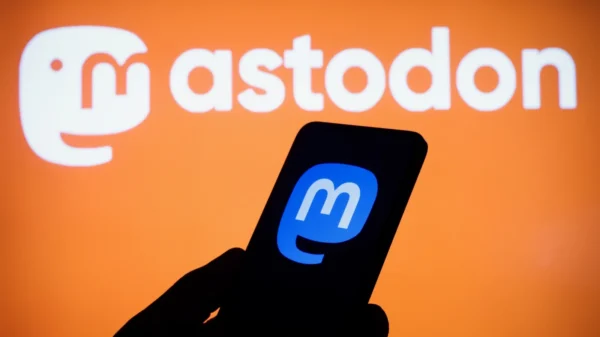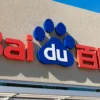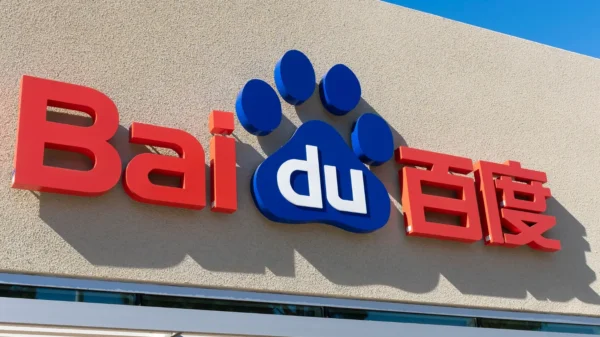The Nikkei newspaper reported on Thursday that negotiations to become one of the largest chipmakers globally had ended between Western Digital Corp. (WDC.O.) and Kioxia Holdings, a company based in Japan.
The article also stated that the firms could not reach a conditional agreement with leading Kioxia shareholder Bain Capital.
Major Kioxia investor and competitor to both American and Japanese corporations, South Korea’s SK Hynix (000660. KS), announced on Thursday that it does not support the merger because of how it would affect the value of SK Hynix’s investment assets.
Combining their flash memory companies may put them on pace with market leader Samsung Electronics (005930. KS) for a third of the global NAND flash market and put SK Hynix, the third-largest producer of NAND flash memory worldwide, in jeopardy.
Reuters contacted Western Digital, Kioxia, and Bain Capital for comment; none responded. Following the announcement, Western Digital’s stock fell 11.2%.
The businesses were exploring a merger in response to mounting pressure on chipmakers to combine due to a worldwide chip oversupply and sluggish demand for flash memory chips.
Since 2021, Kioxia and Western Digital have been in talks to merge, but the discussions have frequently broken down due to several problems, including differences in valuation.
Benchmark Company analyst Mark Miller said the firms would have had “an opportunity to cut cost and be a more effective competitor in the market” due to the merger.
However, completing the transaction was a really difficult task. I doubt that China would also approve of the arrangement.”
The firms’ most recent quarterly filings showed a combined loss of around $1.4 billion. Following the disclosure of Elliott Investment Management’s almost $1 billion interest in the company and its insistence that Western Digital split those divisions, the activist investment management firm started an examination of strategic alternatives last year.
According to a report by Reuters last week, Japan’s leading banks planned to provide 1.9 trillion yen ($12.63 billion) in funding to facilitate the merger.





